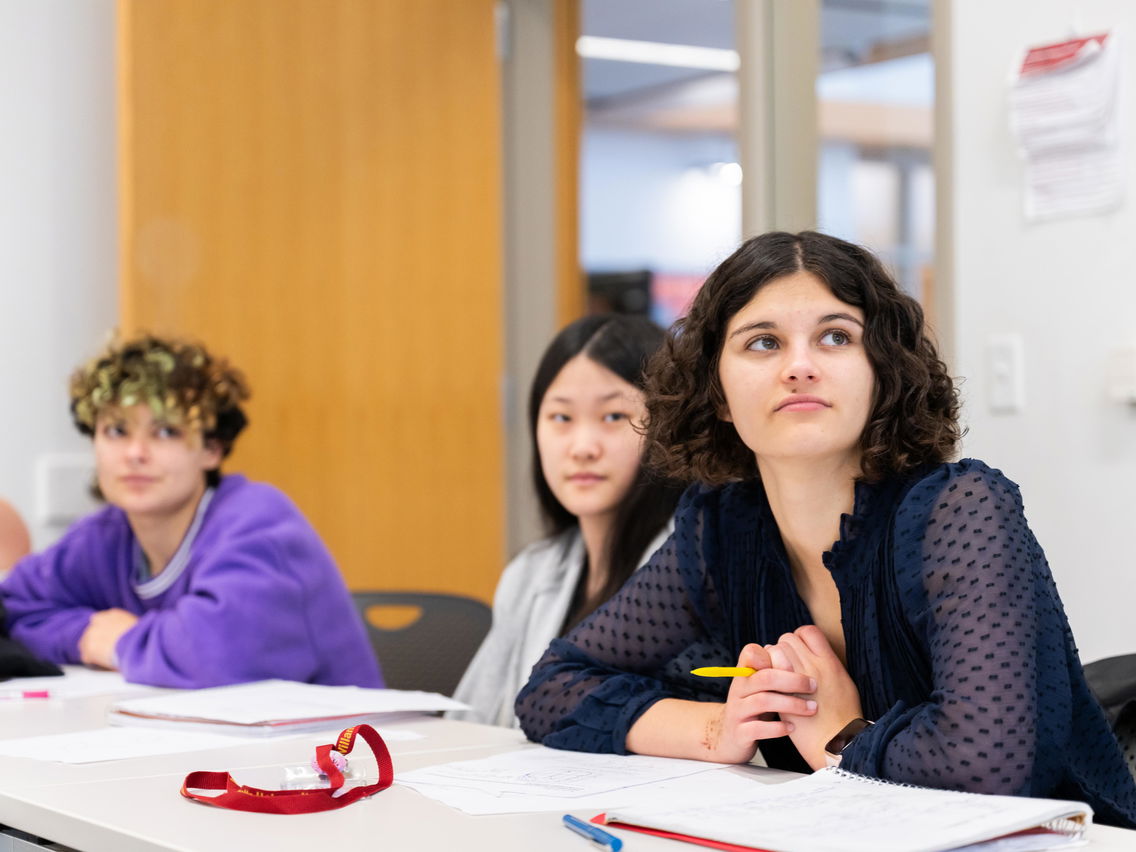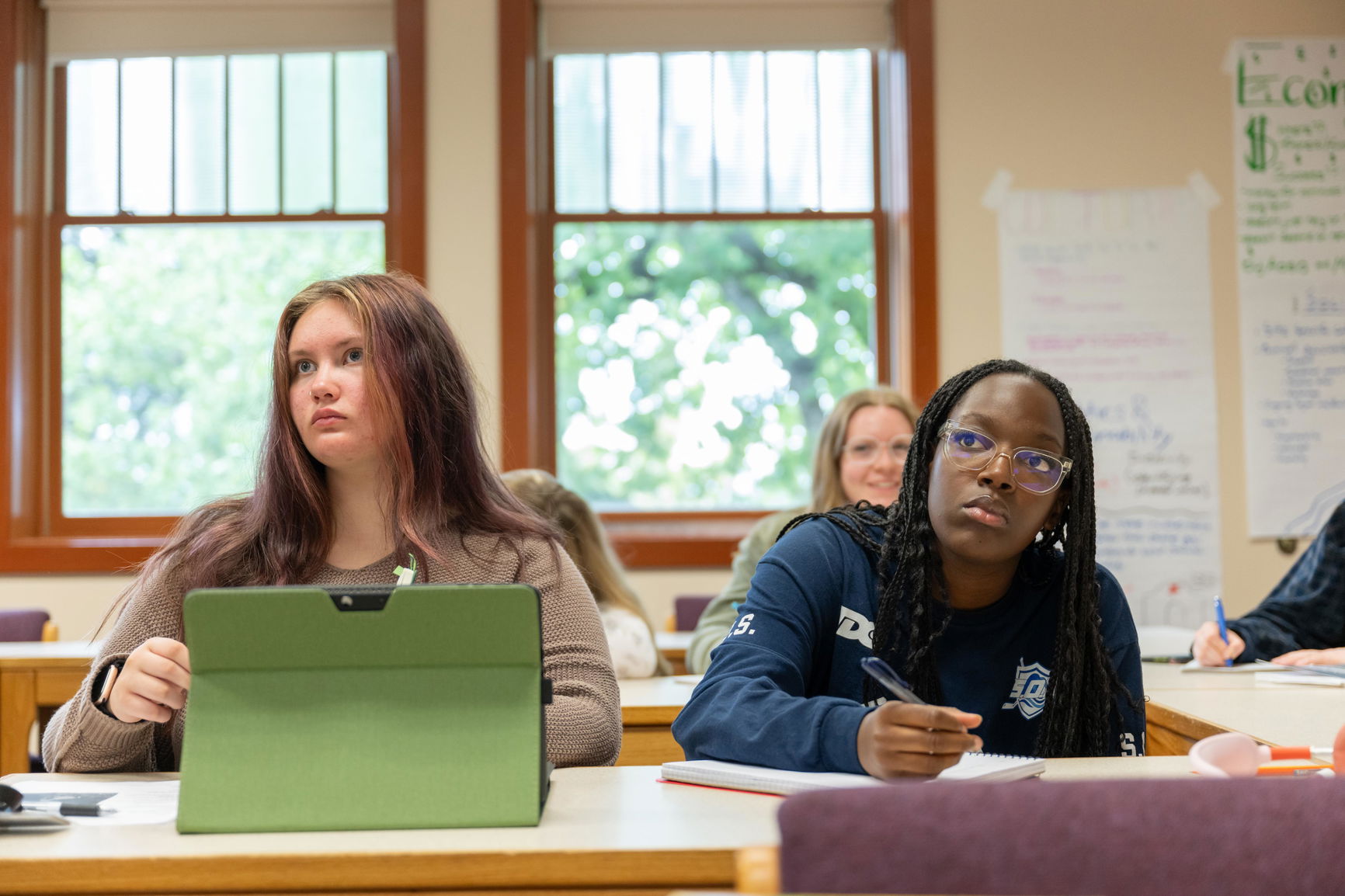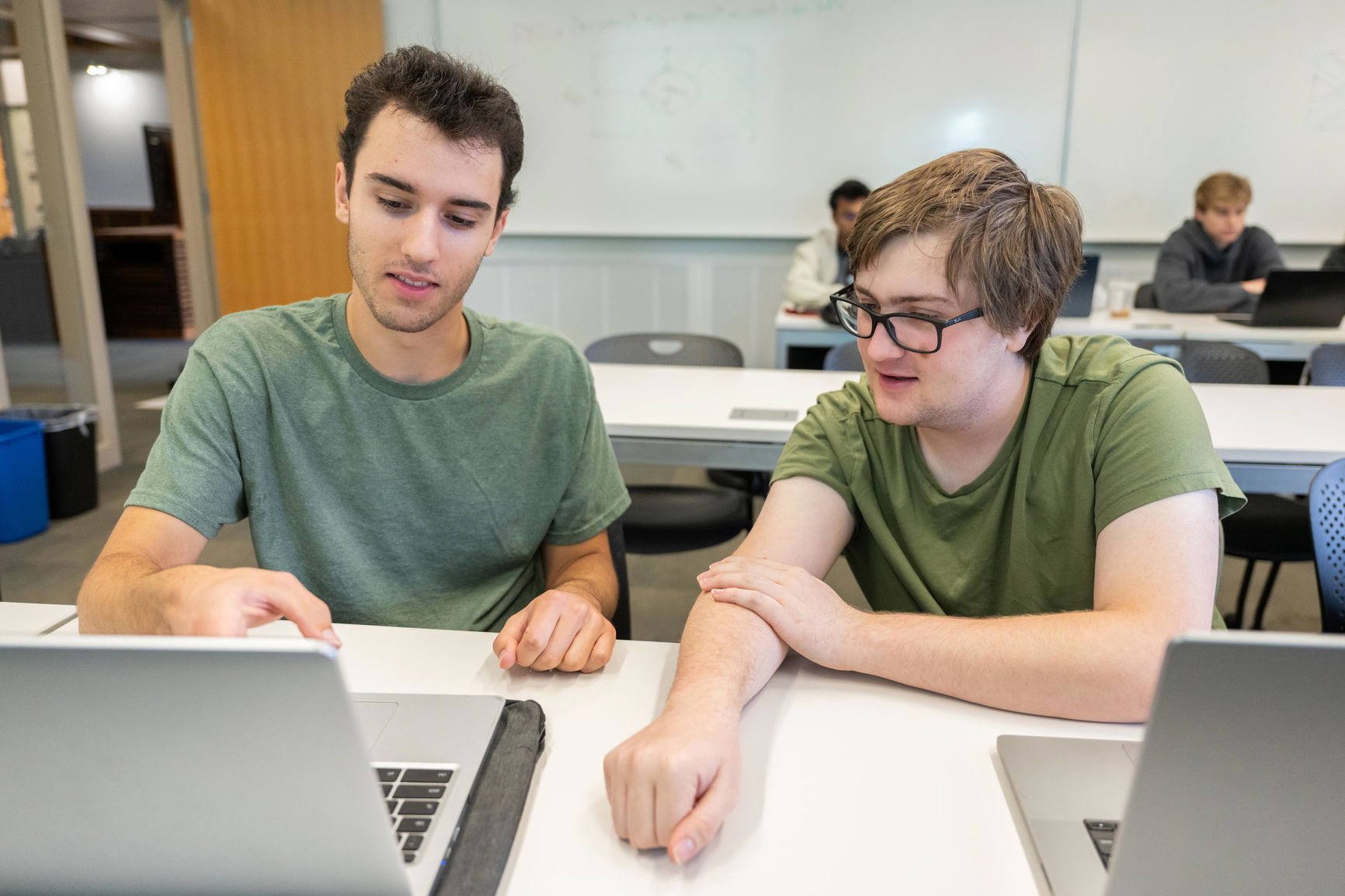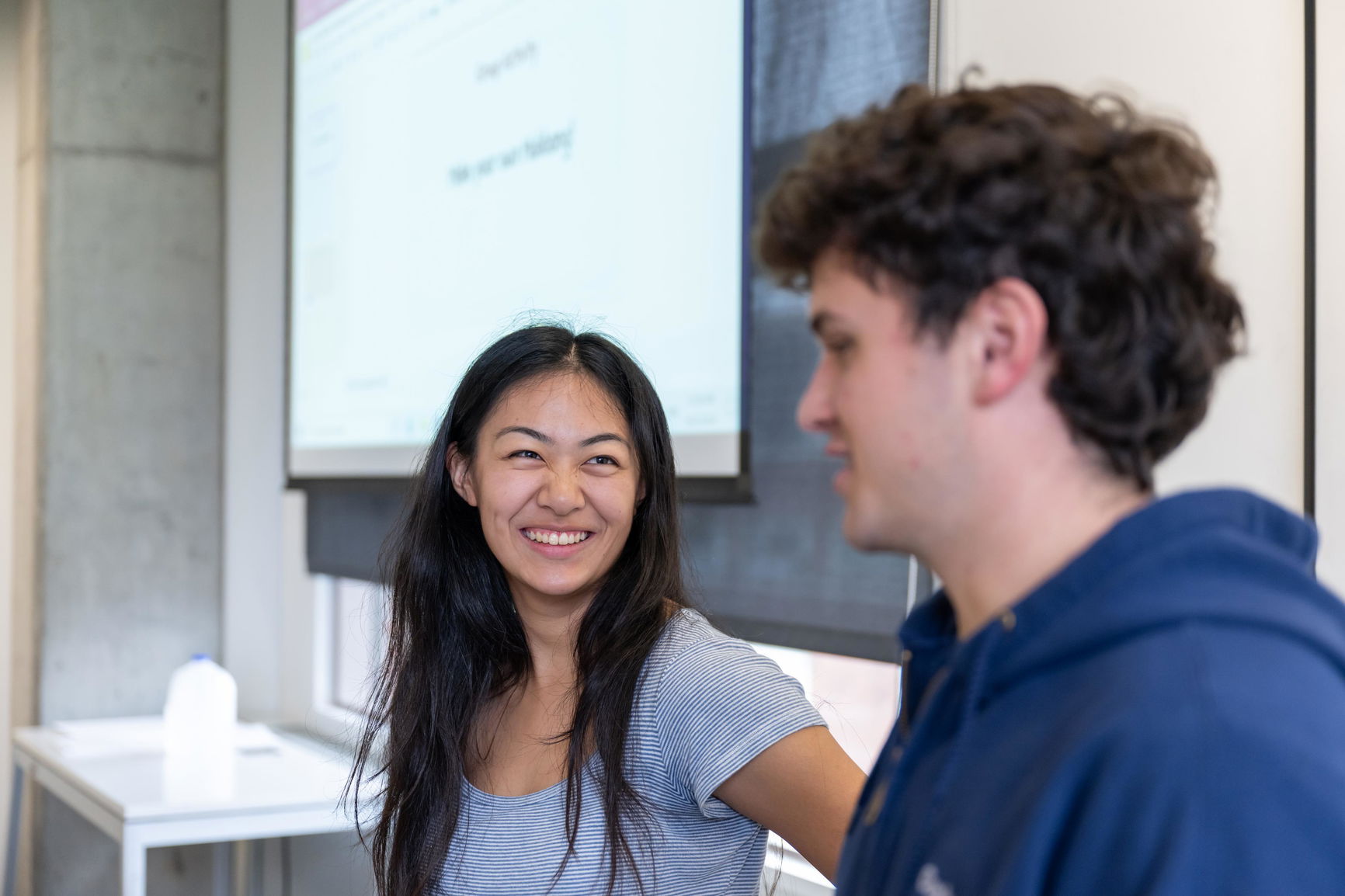
Student Success
For Donald Swen '18, an accelerated program opened doors to unique experiences around the world. A 13-week fellowship through the Nakatani Research and International Experiences for Students program allowed him to experience the future of engineering first hand.
In 3-2 engineering program, Donald Swen ’18 discovers challenge and success
During his fellowship, Donald worked alongside a team of researchers at Osaka University in Japan to construct a circuit board that uses human brain waves to control a robot. As part of the project, Donald had the opportunity to personally direct the robot through the circuit board.


Curriculum
Prepare for your career with a strong foundational education. While we don’t offer an undergraduate engineering major, students interested in the 3+2 dual degree program in engineering often pursue complementary subjects such as physics, math, or computer science. Students can weigh their options by considering which of our partner schools they are interested in attending.
Program Requirements
While at Willamette, students must complete their general education requirements, take a set of pre-engineering math and science courses required by the Affiliated Engineering School (AES), and make significant progress toward their Willamette major. Students should consult with the 3-2 engineering advisor (Prof. Rick Watkins, rwatkins@willamette.edu) as early as possible to make sure that they are on track.
Majors that are compatible with the 3+2 engineering program include Physics, Philosophy, Spanish, Politics, Math, Computer Science, Chemistry (BA), English, American Ethnic Studies, Religious Studies. There are others that are possible options. Two majors that do not work are Chemistry (BS) and Anthropology.

Admissions Information
Our 3+2 program is open to all admitted Willamette students. Learn more about Willamette’s undergraduate admissions process to get started.

Financial Aid and Scholarships
